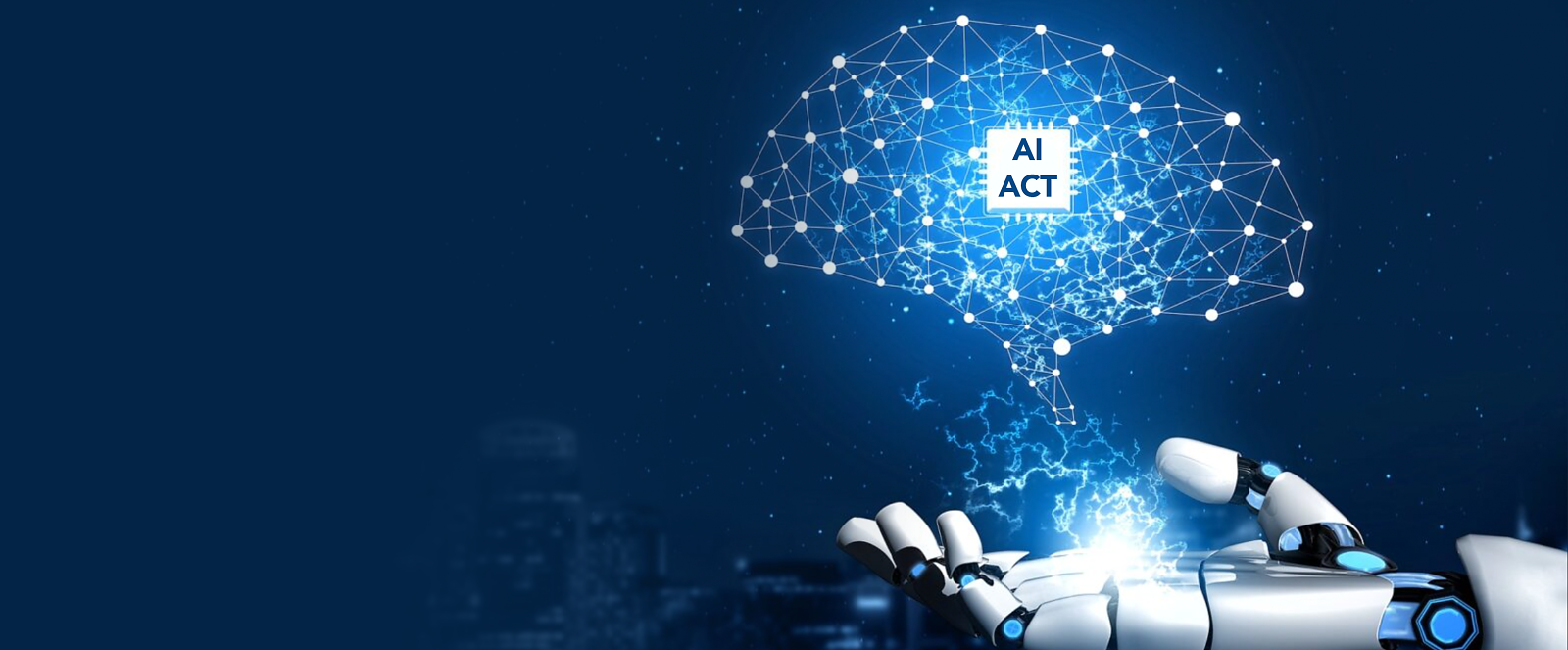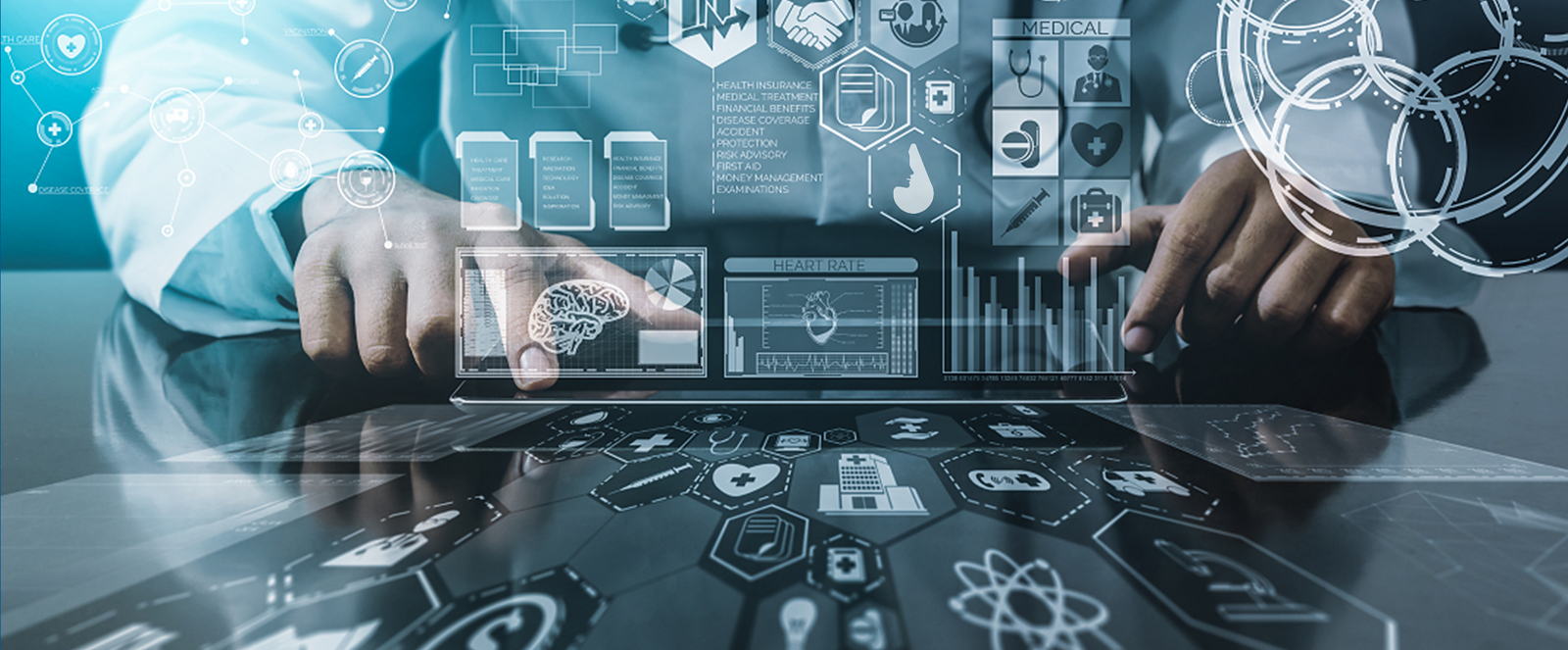Collaborative Intelligence: How AI and Physicians Can Work Together for Better Healthcare Outcomes
Collaborative Intelligence: How AI and Physicians Can Work Together for Better Healthcare Outcomes
In the rapidly evolving landscape of healthcare, the integration of artificial intelligence (AI) has become a game-changer, revolutionizing the way physicians diagnose, treat, and manage patient care. However, the most promising advancements are not those where AI operates in isolation but where it collaborates seamlessly with physicians. This concept, known as collaborative intelligence, is poised to revolutionize patient care by combining the strengths of both AI and human expertise.
The Power of AI in Healthcare
AI excels at analyzing vast amounts of data quickly and accurately. It can identify patterns and make predictions that might be missed by the human eye. For instance, AI algorithms can sift through medical imaging data to detect early signs of diseases like cancer or detect and track subtle changes in a patient’s condition over time. These capabilities can significantly enhance diagnostic accuracy and speed, leading to earlier interventions and better patient outcomes.
From Radiology to Blood Tests: AI’s Expanding Role
AI first became widely used in the filed of radiology. AI systems have been used to analyze X-rays, CT scans, and MRIs, providing radiologists with a powerful tool to detect anomalies with high precision. This application has demonstrated AI’s real potential and paved the way for its adoption in other medical fields.
Today, AI’s role in healthcare has expanded far beyond radiology and is widely present as clinical decision support. One of the most exciting developments is the use of AI to predict the most probable diseases based solely on blood test results. By analyzing patterns and correlations in blood data, AI can suggest potential diagnoses, helping physicians identify conditions that might not be immediately apparent. This advancement exemplifies the broad applicability of AI across various medical fields and its ability to enhance diagnostic processes.
The Human Touch
Despite AI’s impressive capabilities, the role of physicians remains irreplaceable. Physicians bring to the table years of training, clinical experience, and a deep understanding of patient care that extends beyond data analysis. They can interpret AI-generated insights within the broader context of a patient’s history, symptoms, and personal circumstances. Moreover, the empathetic communication and ethical decision-making that physicians provide are critical aspects of patient care that AI cannot replicate.
A Symbiotic Relationship
The key to unlocking the full potential of AI in healthcare lies in fostering a symbiotic relationship between AI systems and physicians. Here’s how this collaboration can be optimized:
- Enhanced Diagnostics: AI can act as a second set of eyes, providing physicians with additional insights and flagging potential issues that warrant further investigation. This can lead to more accurate and comprehensive diagnoses.
- Personalized Treatment Plans: By analyzing patient data, AI can suggest personalized treatment options that take into account the latest medical research and similar case outcomes. Physicians can then use these suggestions to inform their treatment decisions, ensuring that patients receive the most effective and tailored care.
- Efficient Workflow: AI can handle routine administrative tasks, such as scheduling and record-keeping, thereby reducing the administrative burden on physicians. This allows doctors to focus more on direct patient care and complex clinical decision-making.
- Clinical Trial Matching: AI can analyze patient data to identify individuals who are suitable candidates for clinical trials. This can expedite the recruitment process, ensuring that trials are populated with appropriate participants, and potentially leading to quicker and more effective research outcomes.
- Integrated Health Reports: AI can be integrated into electronic health records (EHRs) to analyze blood test results and generate reports predicting the most probable diseases. These reports, combined with blood test results, other diagnostic procedures, symptoms, and anamnesis, provide a comprehensive and valuable resource for physicians. This integrated approach helps physicians make more informed and accurate decisions by offering a holistic view of the patient's health status.
Looking Ahead
The future of healthcare is undoubtedly one where AI and physicians work hand in hand. By embracing collaborative intelligence, we can achieve a healthcare system that is more efficient, accurate, and patient-centered. The synergy between AI’s analytical power and personalized care provided by physicians holds the promise of significantly improved healthcare outcomes for patients around the world.
As we move forward, it’s essential to focus on developing AI systems designed to complement and enhance physicians' capabilities rather than replace them. Only those physicians who simultaneously use AI for tasks that are too demanding for our brains will truly excel in this new era of healthcare. This collaborative approach will ensure that we harness the best of both worlds, paving the way for a brighter and healthier future.






